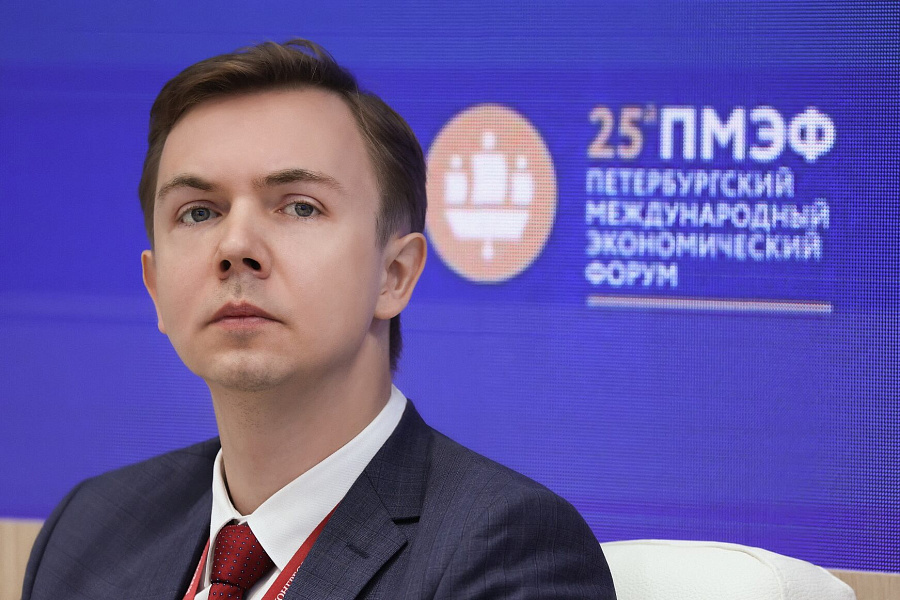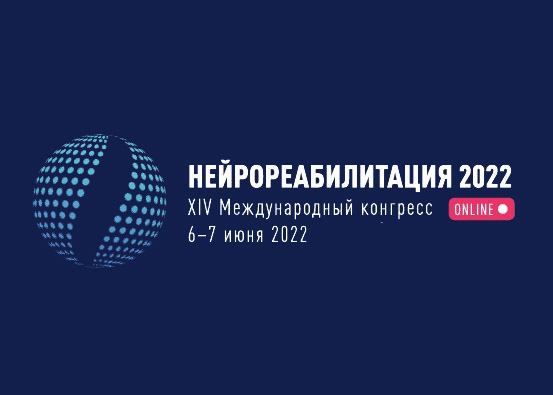
Import substitution, manufacturing of me-too medicines and investments in Science. Discussed on SPIEF: how Russia can ensure medicine independence

Independence from the global markets has become the main topic for the domestic pharmaceutical industry at the SPIEF discussion panels. The main tasks that Russian pharmaceutical companies face today are the focus on high domestic demand and active use of the EAEU, Latin America, Southeast Asia and Middle East countries potential to substitute technologies and equipment supplies.
The sanctions imposed against Russia turned into a serious risk for the domestic pharmaceutical industry, but at the same time created growth points for the development in new directions. According to Mikhail Tsyferov, Petrovax President, today Russia has a great potential to increase manufacturing rates, as the Russian pharmaceutical market has been growing at a very fast pace over the past 20 years. During this time, domestic and foreign companies created a medicine supply infrastructure in the country. Russian enterprises have strengthened their competencies, technologies and experience, specifically through the localization of foreign medicines.
In addition to the importance of manufacturing and exporting our own original developments, Mikhail Tsyferov drew attention to the interest of pharmaceutical companies in me-too medicines (similar in clinical properties) which can already be localized in Russia today.
According to the speaker, the me-too medicine manufacture can be a source of immediate solution, as these medicines are available, including full localization which will never happen with blockbusters (patent-protected medicines). Many countries are following this path, including China with its powerful pharmaceutical industry.
Mikhail Grubman, Director of Sales of Biotechnological Products and Exports of Petrovax, also gave an example of China as a country that has fully concentrated on investments in science and startups in the field of biotechnology, during the discussion of "Pharmaceutical Industry in Russia – Reset 2030: Course for Independence".
The speaker added that Russia has serious scientific potential. One of the main tasks to be solved is to close the gap between fundamental science, practical startups and manufacturers. According to Mikhail Grubman, the state can help synchronize the capabilities of scientific institutions and the needs of pharmaceutical manufacturers.
In 2022, Petrovax plans to begin construction of a full-cycle biotech manufacturing on the basis of an existing complex in the Moscow region. One of the first products released at the new enterprise will be Agalsidase beta for the treatment of rare Fabry disease. The project launch coincided with the 20th anniversary of exports, which the company is celebrating this year.


